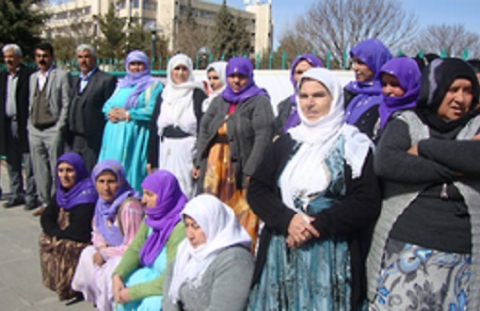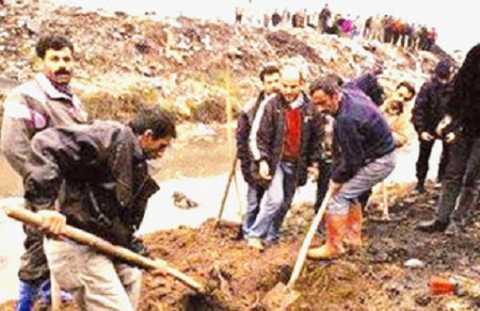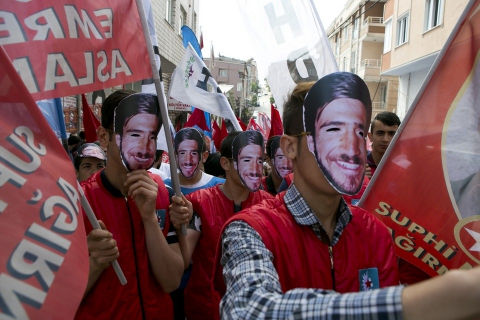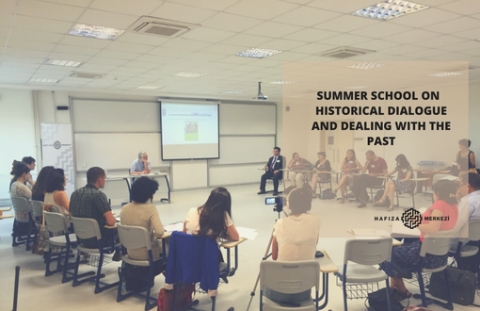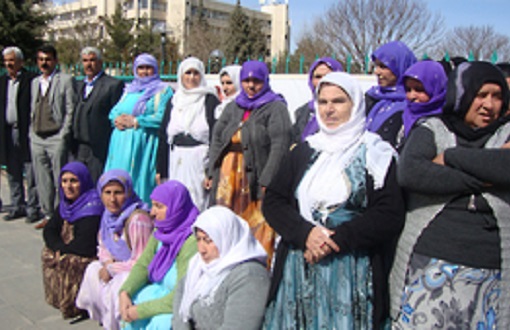
HRW publishes “Time for Justice”
Human Rights Watch published a report which details many case studies of extra-judicial killings and enforced disappearances as part of the Turkish state’s war against the PKK.
Turkey’s modern history has been marked by impunity for serious human rights abuses highlighted by the state’s systematic failure to hold to account members of the security forces and other public officials for serious violations in the decades following the September 1980 military coup.
In the 1990s, during the armed conflict between the Turkish military and the Kurdistan Workers’ Party (PKK), government military and security forces compelled hundreds of thousands of people to abandon their villages, and carried out enforced disappearances and killings of thousands of civilians. Affected were mainly Kurds in Turkey’s southeastern and eastern provinces. The PKK also committed grave human rights abuses in the course of the conflict. According to official estimates, by 2008 the armed struggle between the military and the PKK had resulted in an estimated 44,000 deaths of military personnel, PKK members, and civilians.
Despite two parliamentary inquiries in the 1990s into the state’s collusion in political assassinations and involvement in lawless activities, no-one in the Turkish state was held accountable during this period for the pattern of gross human rights violations committed by the military and security services. A handful of prosecutions in the domestic courts resulted in the conviction of low level members of the security forces and police, who received nominal, low sentences. But there was no attempt to probe higher level involvement of state officials or to examine whether the violations were a matter of state policy.
There were positive indications of change in 2009, however, when a remarkable trial began in the southeastern city of Diyarbakır of a gendarmerie officer, retired colonel Cemal Temizöz, three former PKK members turned informers, and three members of the “village guard” (local paramilitary forces armed and directed by the gendarmerie). The prosecution accused the defendants of working as a criminal gang involved in the killing and disappearance of twenty people in and around the Cizre district of Şırnak province between 1993 and 1995.
These twenty killings were just a tiny fraction of thousands of unresolved killings and enforced disappearances that took place in the area in this period, as well as many more in other provinces of the region and in some of Turkey’s largest cities. Nonetheless after years of impunity, the investigation and prosecution of these cases marked a significant milestone. Temizöz is the most senior member of the Turkish military ever to stand trial specifically for gross violations of human rights committed in the course of the conflict between the Turkish armed forces and the PKK.
The trial, which started in September 2009, offers an opportunity to examine the obstacles to securing accountability in Turkey’s domestic courts for state-perpetrated killings and disappearances in the mainly Kurdish-populated southeast of the country in the first half of the 1990s. In January 2012, the Commissioner for Human Rights of the Council of Europe described the trial as “a unique opportunity to shed light on a period of systematic human rights abuses in south-east Turkey, which feature prominently in the case-law of the ECtHR [European Court of Human Rights].”
This report examines some of the lessons the Temizöz trial provides about the current obstacles to effective investigation and prosecution of past abuses and highlights some of the reforms required to allow the effective criminal investigation of the hundreds and possibly thousands of similar cases. The report recommends further steps the Turkish government needs to take to combat impunity in Turkey.(HRW)
